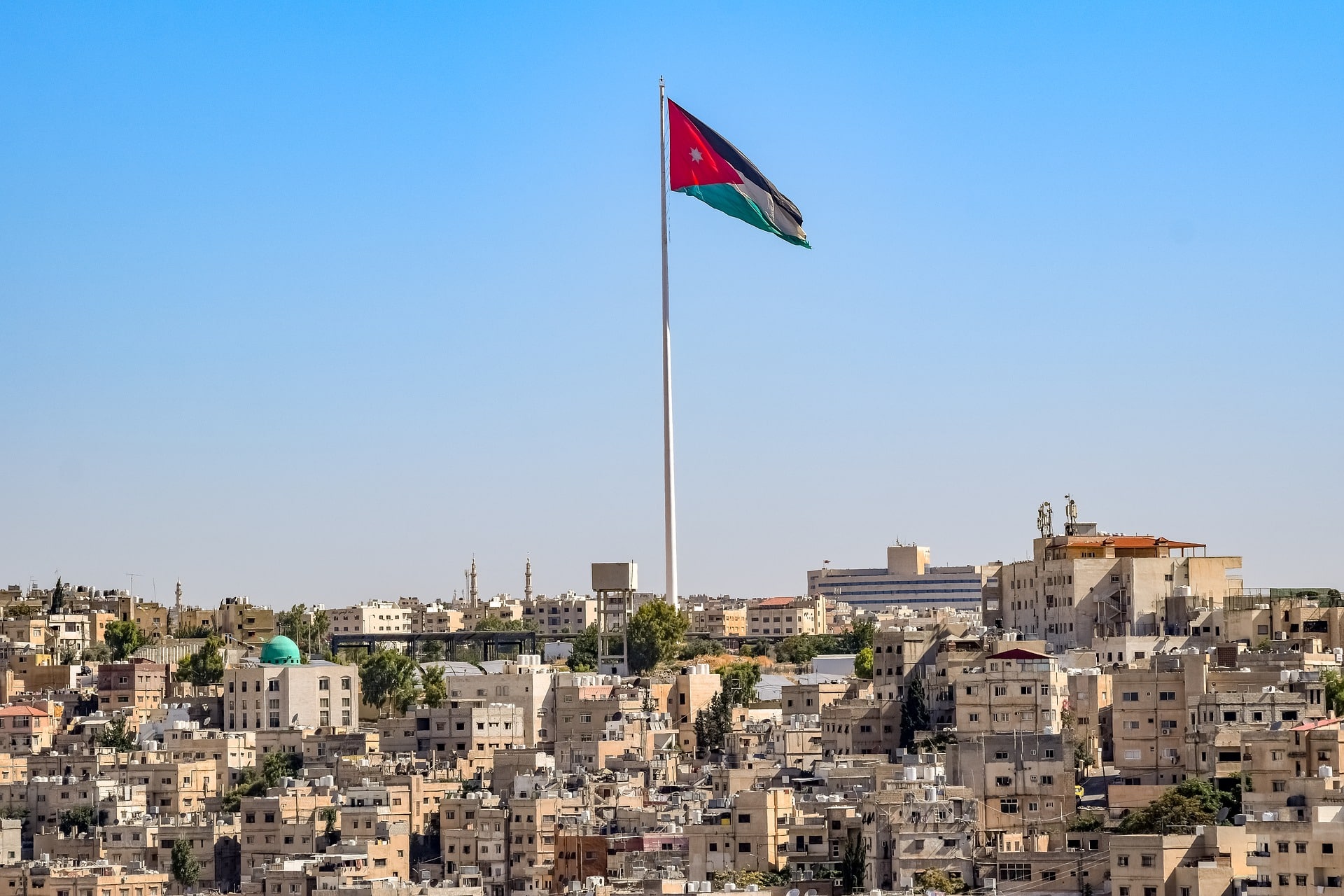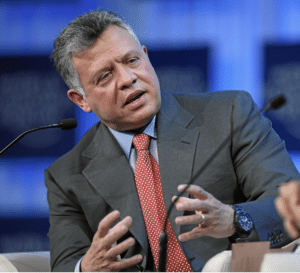A view over Amman, Jordan (photo: Pixabay)
Earlier this week, on March 22, Jordanians went to the polls in local elections to elect new municipal councils. Apathy and cynicism dominated these elections, as only 29.8 percent of Jordanians showed up to vote. The turn-out is two percent lower than in 2017. In Amman, turnout was lowest: 14.75%. Jordan typically lacks organized party politics and elections are heavily influenced by tribal and family-affiliated voting. This is especially the case in the local elections.
Results
Organized parties were largely absent from these elections – especially as the Islamic Action Front, the political wing of Muslim Brotherhood, boycotted the election. Of 4,646 nominated candidates, only seventy-four belonged to registered parties – demonstrating the large majority of tribal-affiliated nominees. Sixty out of seventy-four party-affiliated nominees were elected, all other elected representatives were running independent on a tribal platform.
For the Jordan Social Democratic Party three women were elected in local councils. A party-affiliate was also elected as mayor – a good result for the party.
Minorities
Generally, women did well in the elections. Sixty-eight women were elected beyond Jordan’s quota of 25 percent. It means that 27% of all council members are now female. Unfortunately, residents of Jordan’s thirteen Palestinian refugee camps are not allowed to vote. They vote for other committees instead and fall under the jurisdiction of the Jordanian Department of Palestinian affairs.
Voter fraud
Some major violations were observed in the elections process. Dr. Amer Bani Amer, the director of Al Hayat Center for Civil Society Development in Amman held a press conference on March 22 in which he said that the “secrecy of voting was compromised in many polling booths”. He added that “there were cases of identity theft in a number of centers for women voters and there were clear signs of vote-buying in the capital Amman.”
Information Minister Mohammad Momani refuted allegations of voter fraud and said that the election process met the requirements of transparency and fairness. The Jordanian government deployed 55,000 security personnel to monitor the election process.
Societal unrest
The elections were met with societal unrest in various places were polling took place. In ten municipalities, rioting occurred when polling stations closed and Jordanian security personnel was deployed. Societal unrest during local elections in Jordan is often linked to tribal-affiliated candidates, as the win of one highly affects the power position of opponents. This often causes unrest.
In Amman, rioting occurred too. The kingdom’s largest city, where 40% of its ten million inhabitants live, has a low rate of tribal-affiliated nominees in local elections. Rioting is there possibly linked to the general apathy and distrust in Jordanian politics – as the economic situation in the country keeps deteriorating and people are deprived from many basic goods and services. People have the feeling of not being able to impact the political situation through voting – as the Jordanian monarch has major power over the country’s politics, especially after a controversial constitution amendment earlier this year.
Jordan needs major reform
Party politics in Jordan remain very weak, as is seen in these latest elections. Only 37 percent of Jordanians have confidence in the current parliament, according to a recent study. The monarchy has prevented the development of parties and civil society in the country – causing an immense apathy to politics among Jordanians. At a polling station in Jabal Weibdeh, a voter said that “it will take us 40 to 50 years for the civil society to be effective and have an impact on decision making.” This process must be accelerated in order to re-invigorate the Jordanian democracy.
Sources: Middle East Eye Jerusalem Post Al Araby The National News
Photo: Pixabay



